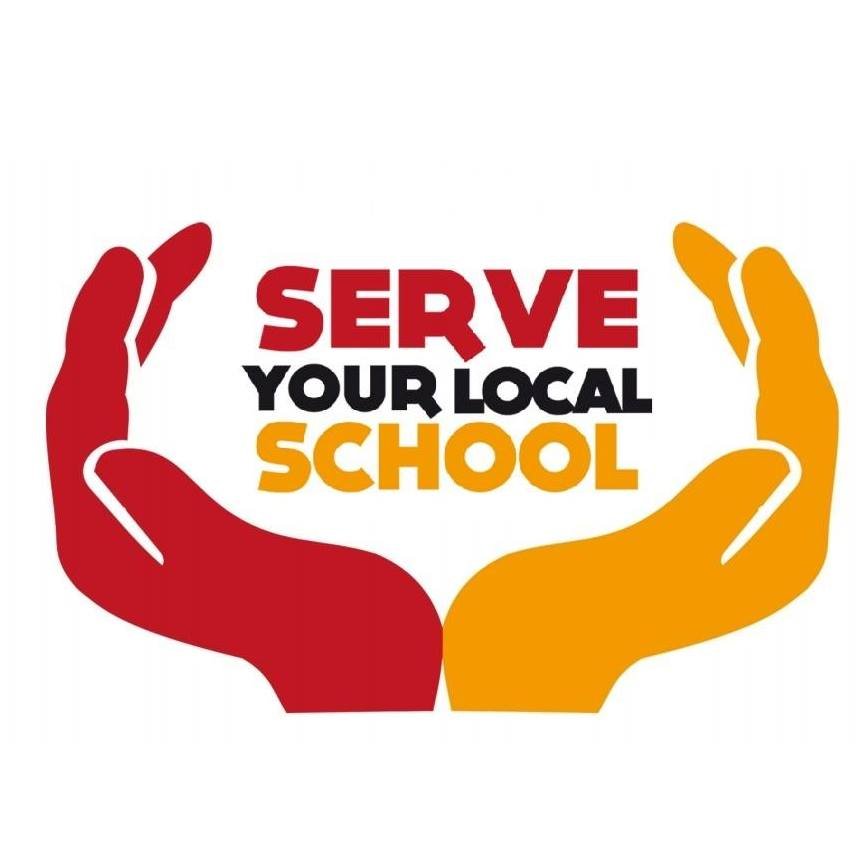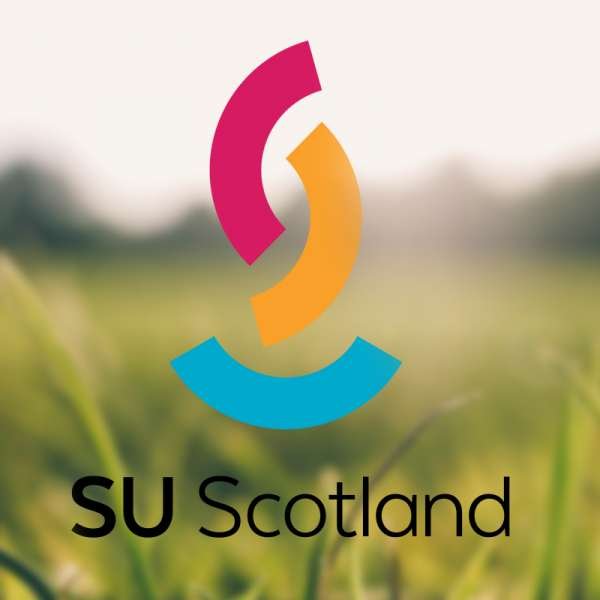Medium Ideas
Medium Ideas are aimed at congregations who are looking to expand their service within their local school. Many of these ideas require regular commitment from the congregation and are ideal for people with more time on their hands
Bikeability Scotland
Could you serve your local school by becoming a Bikeability Instructor. You don't need to be a cycling expert to take part, anyone with experience and confidence riding a bicycle can do the training.
Blessing of the Backpacks
Faith communities and congregations can mark this “back to school” season in a variety of ways including but not limited to a “blessing of the backpacks” or ‘Back to School with God’ worship service. Both are fantastic ways to pray for and support young people and school staff at the start of a new school year.
Pupil Mentoring
For many churches that don’t have the capacity to develop work with their local schools, or perhaps the employed worker is already over-stretched, connecting members of the the congregations into existing programmes like MCR Pathways can make the world of a difference.
Pop Up One Day Clubs
On school in-service days, pupils are off school, church halls are often empty, and parents are looking for ways to keep their children busy and safe, teenagers are also usually available to help. Is this not the perfect opportunity to organise and run a one-day Holiday Club?
Revision Classes
School pupils facing prelims and/or SQA exams often get stressed. A local church offers Revision Classes in certain subjects in the run-up to school prelims and/or SQA exams. Maths and Science subjects are likely to be the most sought after. It could be run on a Saturday morning, as an after school group, or in an evening.
Parent Councils
Parent Councils are made up of parents with children at the school, the Head Teacher and co-opted members from community groups with interest in the school (such as school chaplains).
Physical Education for the unwilling!
There will always be teenagers who would rather avoid PE and will often forget their PE kit. There may also be young people in your local school with an unhealthy relationship with food and exercise. Why not consider serving the pupils and school by getting alongside them and helping?
Starting an SU Group
Christian groups over lunchtime or after school are often - but not always - called “SU Groups” or “Scripture Union Groups.” There are around 400 such groups in Scotland.
Cosy Café in Church
Cosy Cafe is a fair trade youth cafe that meets in an evening in a church. It is a space for young people to develop relationships with each other and with God in a comfortable and fun environment. It can be run with activities like a games room, a ‘chill out room’ and of course a cafe selling hot chocolate with cream and marshmallows! There are also creative activities each week to help the young people to explore some of life’s big questions.
Cosy Café in School
Cosy Cafe is a Fairtrade drop-in cafe that is set up in a school classroom during lunchtime once a week. It is a relaxed and safe space amidst the busyness of a school day, where pupils can sit and chat, play games, eat their lunch, buy Fairtrade products and drink hot chocolate. It provides an opportunity for members of the local churches to support the school and build relationships with pupils in a comfortable setting. Also, if there is currently a Fairtrade group within the school it provides a link and supports them.
Open the Book
Open the Book offers a structured programme of themed and dramatised Bible stories that fits comfortably into primary assemblies. Volunteers use drama, mime, costume and props (and possibly staff and pupils) to tell stories in a way that is lively, engaging and informative, initially from the “Lion Storyteller Bible.” This is “topped and tailed” by comments and a prayer from the Open the Book materials. A Headteacher may request a time of reflection instead of a prayer, which should be observed. It could also be used in an RME lesson.
Primary 6/7 Mentoring Groups
A mentoring programme that targets P6 pupils can be established using the YMCA Scotland’s ‘Achieve Your Potential’ resource. This kind of project has supports many young people who benefited from having their own mentor. It can help them with the transition to secondary school and prepares them for their big move. The mentors are all volunteers from the local church. Although not a requirement, good volunteers are retired people bringing with them many years of life experience.
‘School Run’ Initiative
Exercise of any kind might physically be demanding but usually leaves participants feeling more confident, refreshed and motivated. The ‘School Run’ programme encourages children and adults to take exercise in the form of a run before the school day starts. It sets out personal targets for the individual and helps them to focus positively on improving their fitness.
Supported Study Groups
In secondary schools extra tuition is offered after school by teachers in the form of Supported Study Groups; especially as exams get nearer! At the end of a busy teaching day members of staff are often pleased to have someone who can circulate as the pupils work, offering advice and direction. In subjects such as Art additional help can be provided as an extra pair of hands to help with framing finished pictures. Sometimes volunteers have been invited to go on trips with the department they have helped too.
Join a FAST (Families and Schools Together) group
FAST (Families and Schools Together) is a research based initiative funded by Save the Children. FAST groups encourages school staff, parents and community members to work together to build the link between the school and the local community, while also strengthening links within a family unit.
Run a fair trade group
Schools can apply for fair-trade status (there are now over 800 Fairtrade Schools in the UK). This is something a church is well placed to support – not least because many churches feel strongly about social justice and the importance of fair trade. In order to become a fair trade school, the school needs to set up a fair trade group, write a fair trade policy, use and promote fair trade products, learn about fair trade and run fair trade events throughout the year. The Fairtrade Foundation website has a lot of helpful information.
Story Sacks/Topic Boxes
Story Sacks focus on telling one particular Bible story through a wide variety of methods. They comprise of at least two story or picture books, props and/or dressing up clothes to act it out, colouring pages and worksheets, pictures, games, toys, and perhaps even a puppet. They also contain a Teachers Folder which gives details of items in the sack and ideas of how each can be used.
Golden Time Clubs
Golden Time is run by many schools as a special time at the end of the week for pupils to engage in a different learning activity. It is often a reward for good behaviour, and can be limited if behaviour has been poor. Schools like to provide a range of options, and what you might offer is only limited by your skills and imagination. Examples include: knitting, sketching, dance, Bible story-telling club, model making, athletics, baking, sign-language, growing vegetables, film making, chess, face-painting.
Running an after school club in a church
It can sometimes be difficult to bridge the gap between school youth work and church based youth work. You often meet young people in school for the first time and it is a great opportunity to build trust and get to know them, but it is out of the school environment where support is often required. After school clubs in churches do not have to be Bible studies. Nor do they have to clubs where God is last (or never) on the agenda.
Breakfast Club/Supporting Healthy Eating
A breakfast club is an excellent way of serving a whole school community. One example of this working well began in a secondary school which already enjoyed a positive relationship local youth-workers and chaplains. As part of regular meetings with senior management they were discussing the needs of pupils. One issue they felt they could commit to helping with was the number of young people coming to school early. They usually came without breakfast and by the time classes started were bored, hungry and unsettled.




















